Harm Minimisation Practices In The Field Of Online Lottery
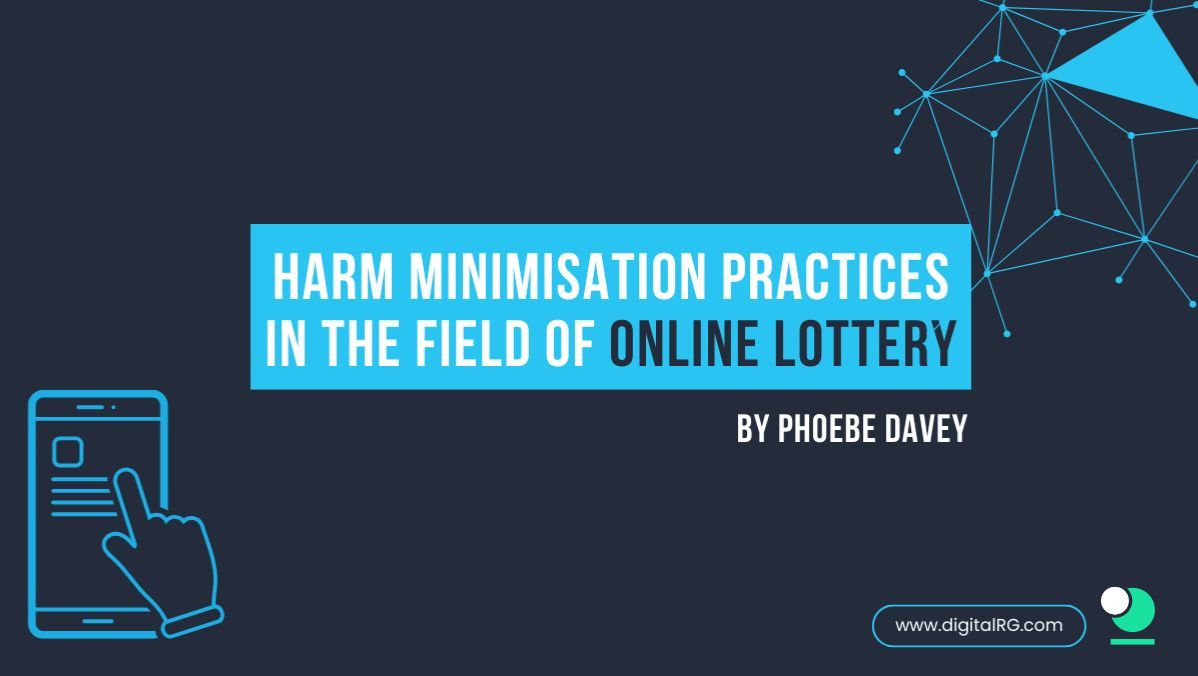
Harm Minimisation Practices In The Field Of Online Lottery
Key Learnings From Exploring Responsible Gambling Options For Harm Minimization In The Field Of Online Lottery
This is a snapshot summary of key learnings from this webinar, given by Alex Price, PhD, Centre for the Advancement of Best Practices, at the Responsible Gambling Council in Toronto. The research shared analysed online lottery, but recommendations can help any Responsible Gaming Programme. This research programme is sponsored by the International Centre for Responsible Gaming ( ICRG ) and Hoosier Lottery. It involved two phases of activity, including literature reviews and survey analysis.
To read more key takeaways from this webinar and learn about all the other benefits our members receive, schedule a meeting with us.
Key Learnings:
Lottery Wins And Mental And Physical Outcomes
- Research suggested that Lottery wins were associated with positive mental health outcomes. However, then also with adverse physical outcomes such as increased substance use and decreased diet quality.
Possible Action:
- Adding education on physical wellbeing to winners' support provided by lotteries. For example, information on potential physical outcomes and how to act to turn these into positives.
Stigma
- (Victorian Responsible Gambling Foundation) There is a need to destigmatise problem gambling and treatment through public awareness education. Treatment services are underutilised, mainly because people feel stigmatised and shame of the implications of reaching out for counselling.
Possible Action:
- Involving treatment professionals in player, employee and retailer education breaks down the stigma toward people reaching out for treatment. This can form part of your stakeholder engagement plan, as treatment centres will know best how this could be done in your jurisdiction.
2ndChance Promotion
- 2ndChance Promos allow players to use non-winning Lottery tickets to enter into a promotion that provides a second chance at winning a prize. 62.8% of respondents who engaged in a 2ndChance promotion were screened for high-risk problem gambling (PGSI ≥8). Key Motives: Another chance to win money (78.9%), to win back money lost (51.8%).
Possible Action:
- Ensuring that 2ndChance promotions are included in Game Design Risk Assessments.
- Second chance promotions (e.g., 2ndChance) require much more research to understand their implications on gambling risk and potential pathways for improving alignment with RG and positive play.
At DigitalRG we help our clients ‘Do well by Doing Good’.
This means helping push their Responsible Gaming Programmes to create a more significant positive impact. If you want to be part of DigitalRG or learn how we can help you implement actions to improve your RG programme, book a meeting with us here.
Category
Other Blogs
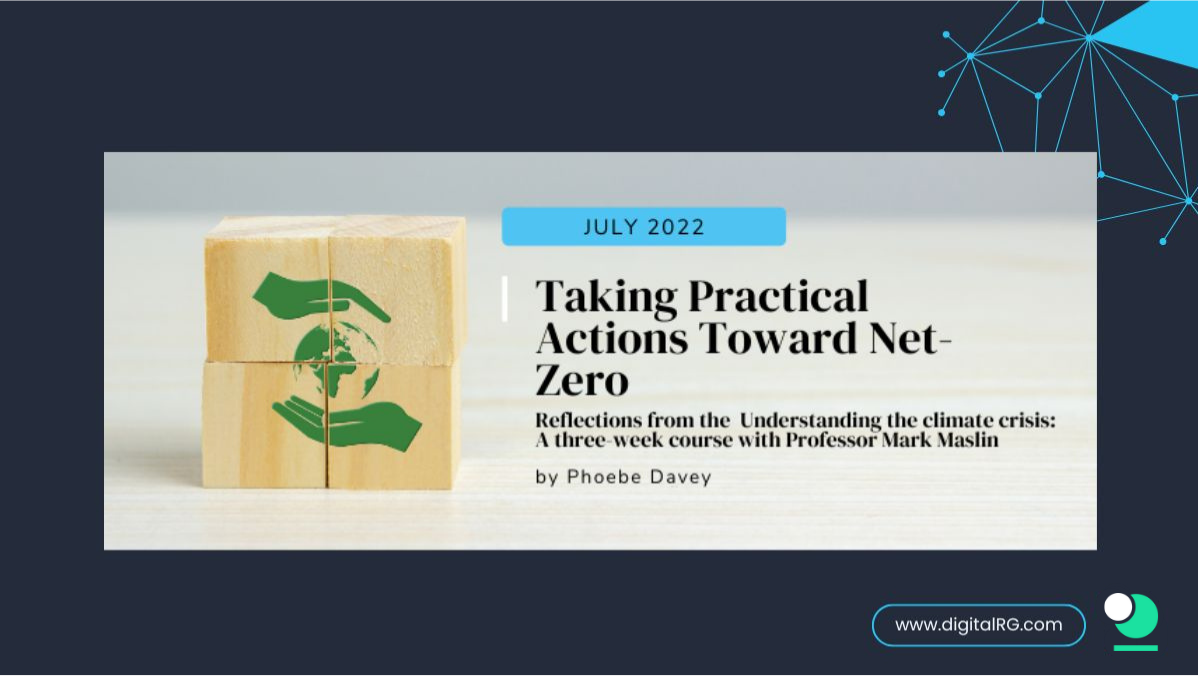
July 04, 2022
Taking Practical Actions Toward Net-Zero
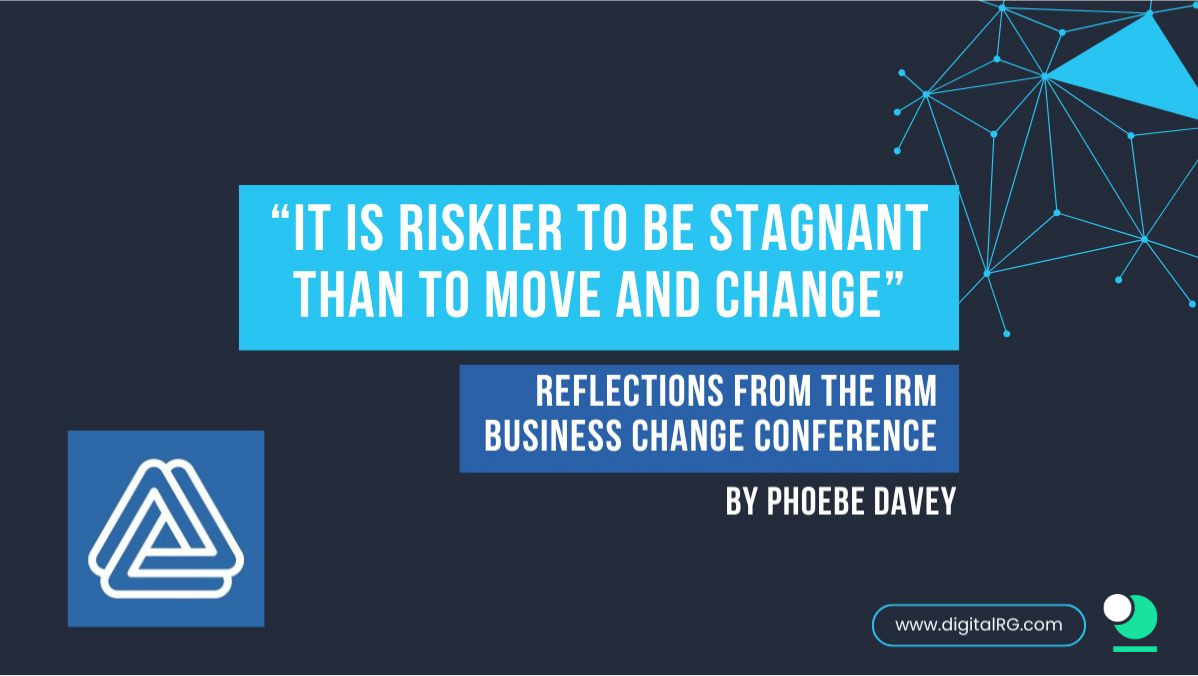
June 20, 2022
“It is riskier to be stagnant than to move and change”
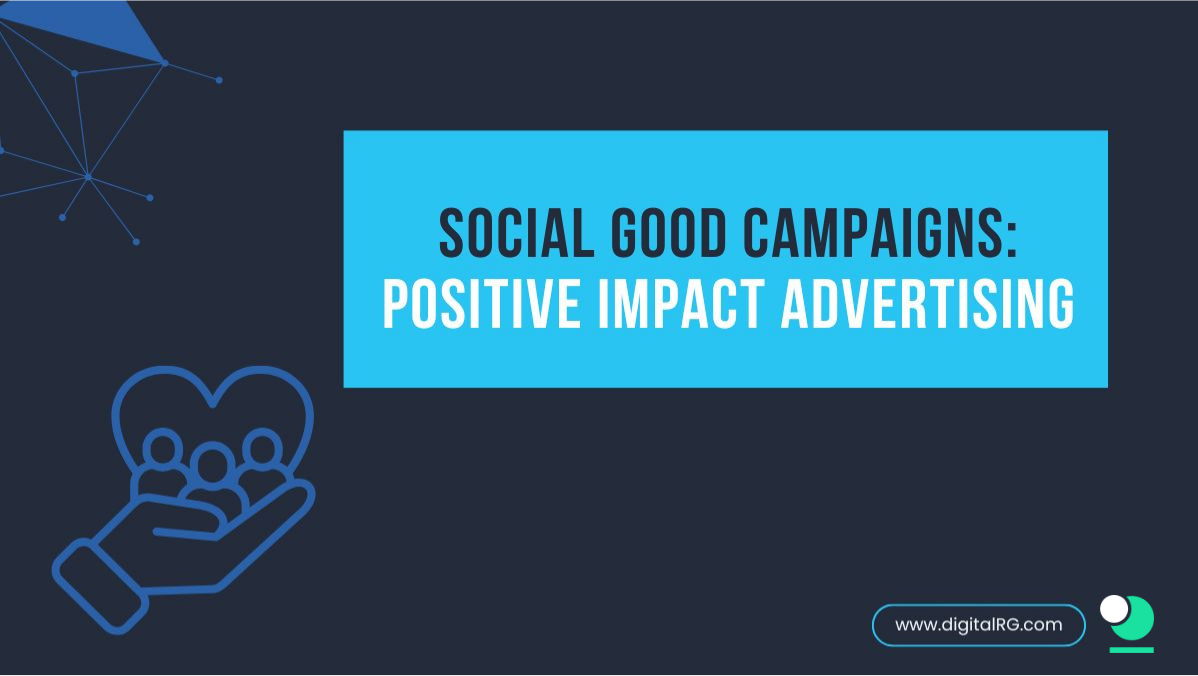
May 27, 2022
Social Good Campaigns: Positive Impact Advertising
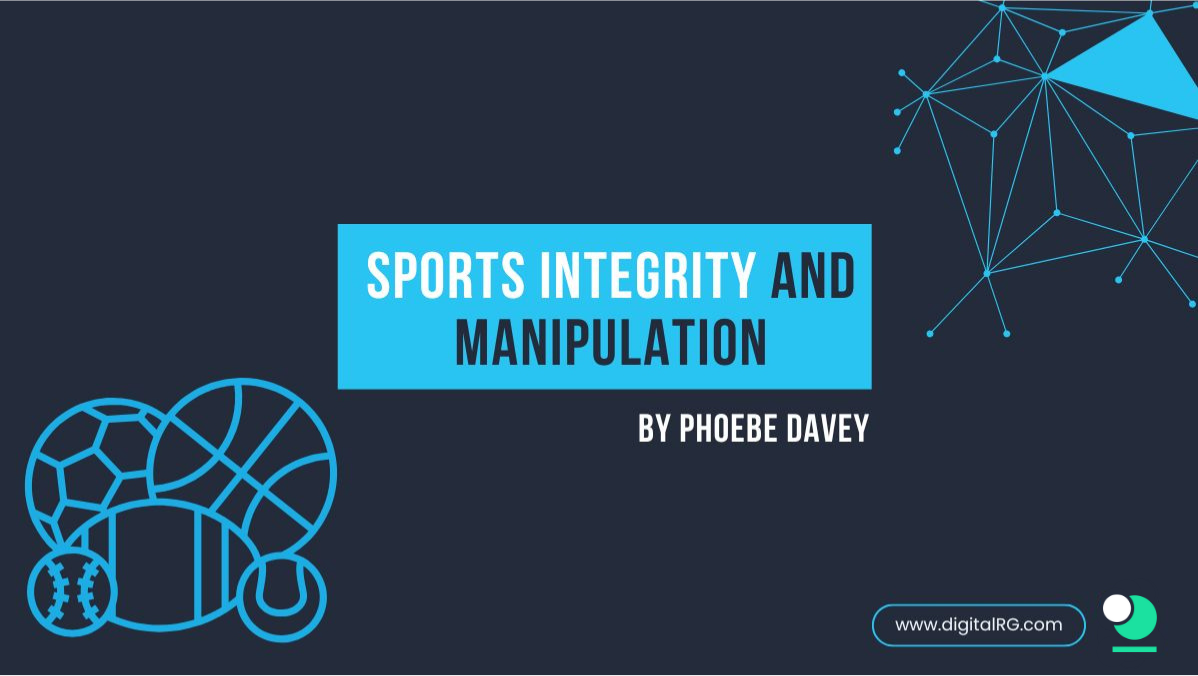
April 26, 2022
Sports Integrity and Manipulation
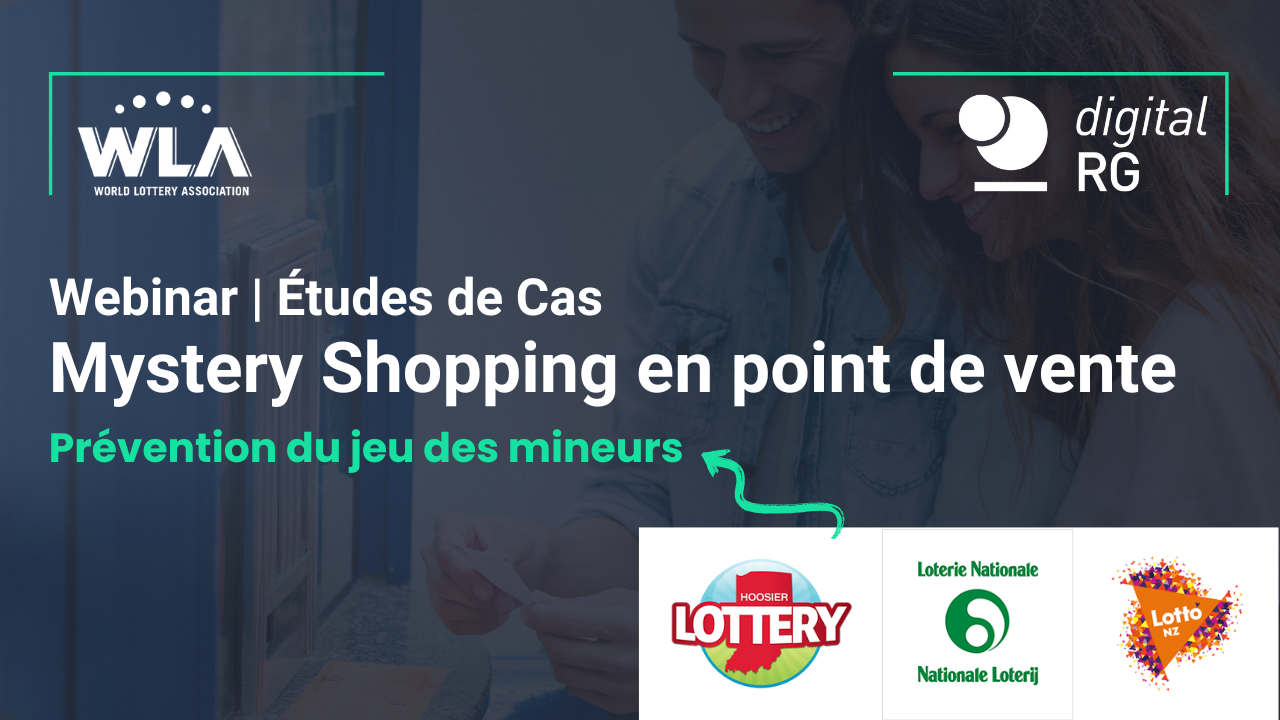
January 20, 2026
Mystery Shopping en point de vente
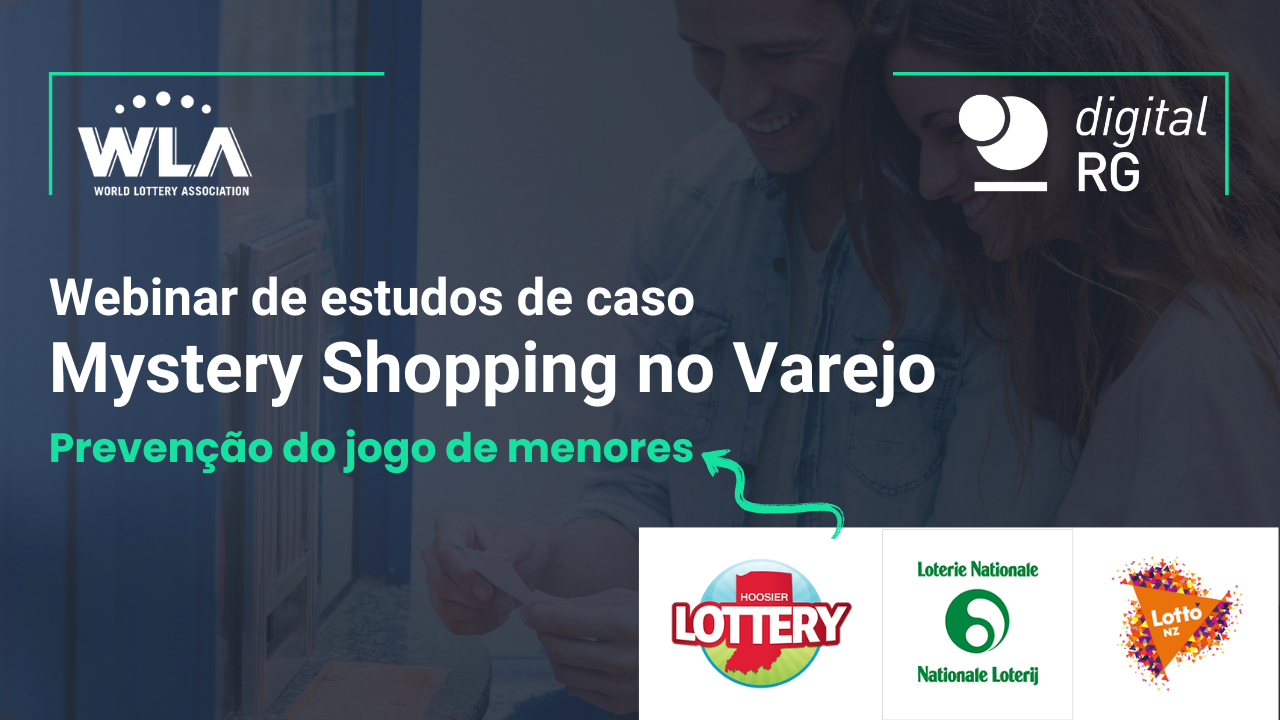
January 20, 2026
Mystery Shopping no Varejo
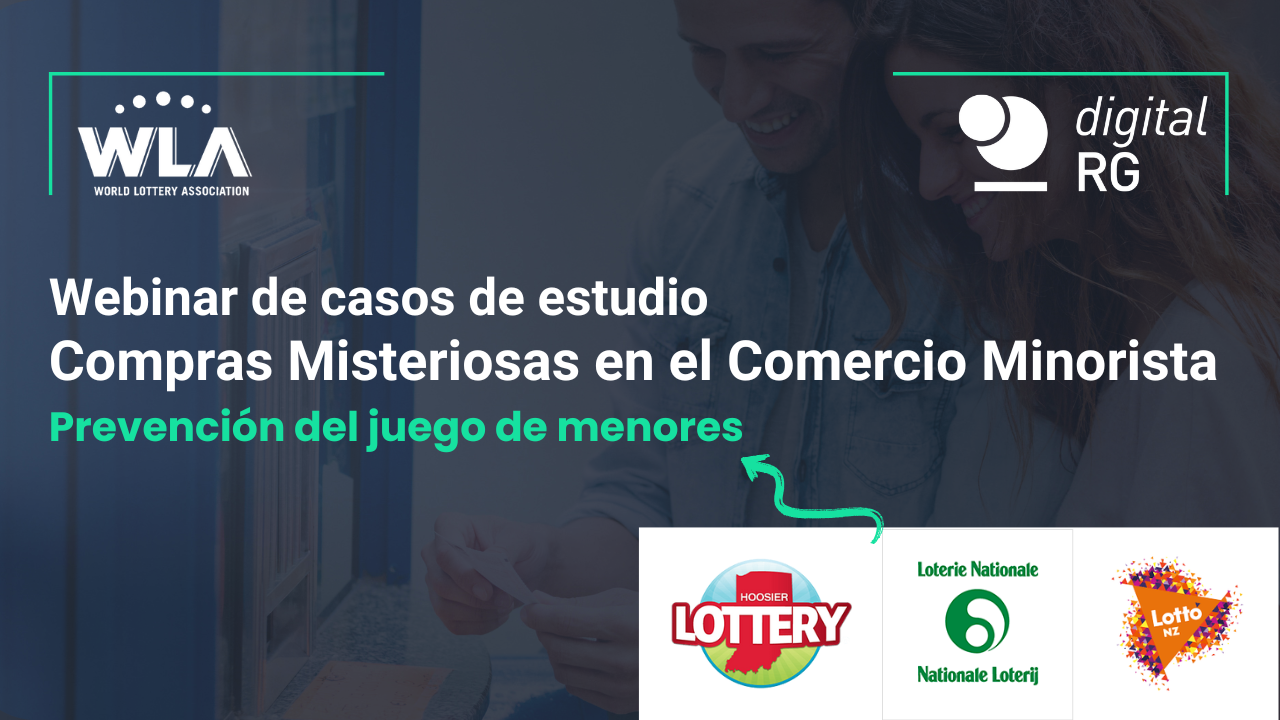
January 20, 2026
Compras Misteriosas en el Comercio Minorista
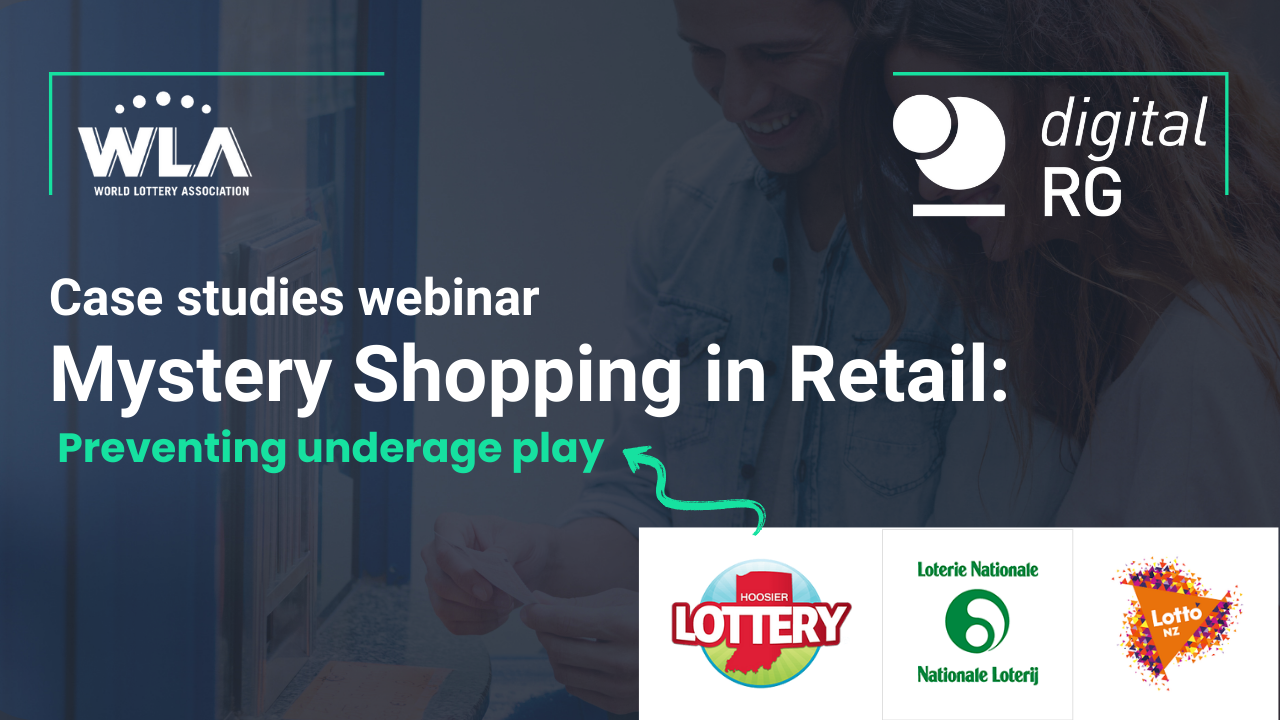
January 15, 2026
Retail Mystery Shopping: Strengthening Age Controls and Responsible Sales at the Point of Sale


